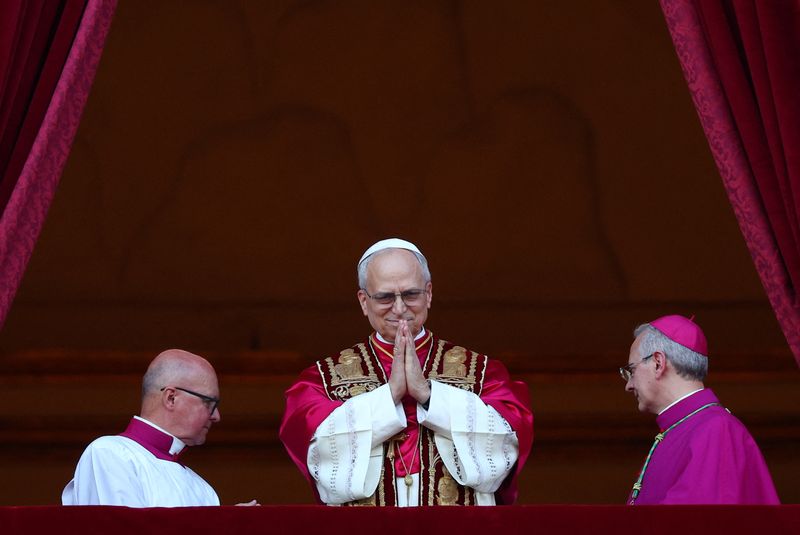by Temitope Oladeji
08/05/2025
Before his name was formally declared from the balcony of St. Peter’s Basilica, the crowd below had already begun to chant “Viva il Papa,” Long live the Pope.
At age 69, Robert Prevost was chosen as the 267th successor to St. Peter and will assume the papal title Leo XIV.
Cardinal Prevost becomes the first American to ascend to the papacy, though his deep ties to Latin America, especially his years as a missionary and archbishop in Peru, have also earned him a place in the region’s ecclesiastical identity.
He was born in Chicago in 1955 to parents of Ecuadorian and French descent. Prevost’s early life in the Church began as an altar boy, and he was ordained a priest in 1982.
He moved to Peru in 1985, where he became a well-loved figure, remembered for his outreach to marginalized communities and for fostering unity and compassion.
Holding dual U.S. and Peruvian citizenship, Prevost served for a decade in Trujillo, Peru, as both a parish pastor and a seminary professor.
His pastoral work and cultural immersion solidified his reputation as a bridge-builder, a quality seen as essential for the future of the Church.
Within the Vatican, Prevost gained prominence as the prefect of the Dicastery for Bishops in Latin America, a powerful office responsible for the appointment and oversight of bishops across the region.
His predecessor, late Pope Francis, elevated him to the rank of cardinal less than two years ago, a swift rise that reflects his alignment with Pope Francis’ vision for a more inclusive and outward-looking Church.
Given that roughly 80% of the cardinals participating in the conclave were appointed by Francis, Prevost’s election signals a continued commitment to the reforms initiated under the former pontiff.
Like late Pope Francis, Leo XIV is known to advocate for the poor, support the rights of migrants, and emphasize environmental stewardship.
Though his American roots bring an awareness of the divisions within the global Church, his Latin American background suggests a desire for continuity following the papacy of Francis, the first pontiff from Argentina.
Nevertheless, Prevost has not been immune to the broader controversies within the Church.
During his time as archbishop in Peru, his diocese faced scrutiny amid the ongoing sexual abuse scandals. However, the diocese firmly denied any involvement in a cover-up under his leadership.
Ahead of the conclave, Vatican spokesman Matteo Bruni noted that the cardinals had emphasized the need for a pontiff with “a prophetic spirit capable of leading a Church that does not close in on itself but knows how to go out and bring light to a world marked by despair.” In Robert Prevost, now Pope Leo XIV, they appear to have found such a leader.

